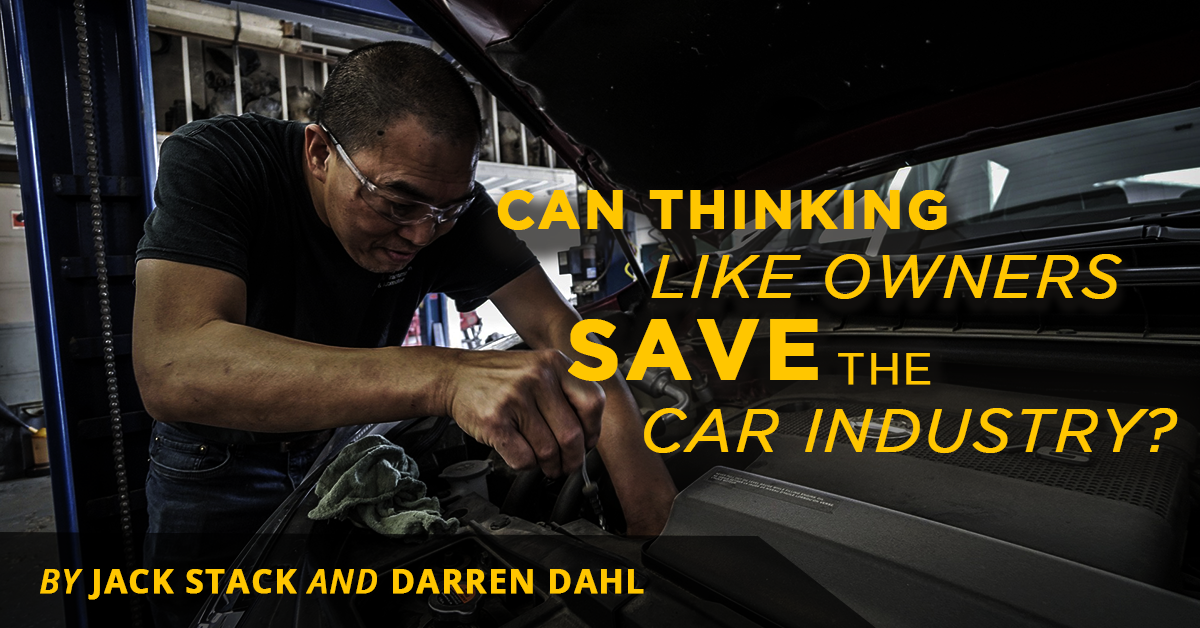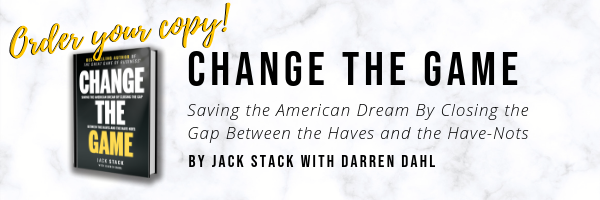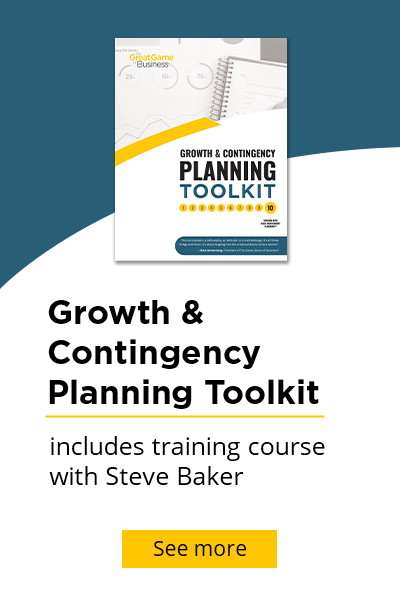
On Monday, September 15, 2019, thousands of factory workers went on strike. It was the first time the union, the United Auto Workers, or UAW, had called for a work stoppage in a decade. It remains to be seen if and when the strike will have any significant impact on any of the automotive-related businesses at SRC.
At the same time, it reminded us about an article we wrote for The New York Times back in 2009, right after the UAW negotiated a deal with Chrysler where its workers were granted a 55% ownership stake in the business. It seemed like a landmark moment for the labor movement—but also one that created just as many questions. Could employee ownership change the fortune of the business and its workers? Could it help ease the tension between labor and management? Even with hindsight, it’s difficult to answer that question since, in 2014, the UAW’s retirement trust sold its stake in Chrysler to Fiat for close to $4 billion.
Meanwhile, we thought it might be interesting to revisit the discussion we had back in 2009 about the deal the UAW and Chrysler struck—right as the great recession was unfolding—and about the potential barriers they would have to overcome to truly think and act like owners. After all, stock is not a magic pill.
(This Q&A originally appeared in a 2009 article titled: “Open-Book Management’s Lessons for Detroit”):
Darren Dahl: What is your reaction to the news that the UAW will become the majority owners of Chrysler?
Jack Stack: First off, I think the UAW negotiated a hell of a deal. But I think you have an interesting chemistry of cultures. It will be interesting to see if they collaborate or collide. For a long time, it was the union’s position that ownership is the bad guy. There is a long history of confrontation there. It will be interesting to see if they can put aside their belief that the antithesis of a union is ownership.
Dahl: But don’t you think that making the employees owners can be a good thing?
Stack: Yes, but they face challenges. The first thing they have to realize is that they need to create a sense of accountability before they can be successful. With equity comes ownership and responsibility. They need to learn to be for the company as a whole and not just their own interests. They need to have a burning desire to create a great organization. That means changing the pattern from one of confrontation to one of collaboration.
Dahl: Based on your experience in running an employee-owned organization, do you have any advice for them on how to do that?
Stack: I have always used open book as a pattern changer. I sit someone down with a balance sheet and a case of beer and open it up and say here’s what it is. We’re staying here either until you understand how to read a balance sheet or we get drunk. They need to find something like this that creates that collaborative spirit, that fire in the belly. They need to ask themselves about what they are going to center around to create that desire to be successful. But of course you can’t talk about all of this when you are slicing and dicing the company.
Dahl: Do you think it’s feasible for the UAW to go open book?
Stack: In my experience, it would take at least two years of working really hard to get everyone to really understand the numbers, to get to the point where you know what you need to do to make the number. That’s when the action really starts. The problem is that they don’t have a track record of being transparent and trusting each other. It’s so easy to lose trust but it’s so hard to win it back.
Dahl: What’s an example of where open book helped drive collaboration at one of your companies?
Stack: The downturn really hit our engine remanufacturing business hard in November. Our plant was faced with a six-month gap in orders, which was trouble. We needed to take immediate action. The entire plant collaborated on how to schedule their workloads where they basically had to take eight hours out of their workweek to save money until we could get back on a full schedule. Because everyone knew the numbers, they scrambled to find new products and clients like the Post Office to fill the gap faster. The result was that we lost money in December and January but we were back to full employment in February, three months before we thought we would be. And we didn’t do this through the old command-and-control method, everybody knew the gravity of the situation and all the great ideas came from within. That’s how open book drives collaboration.
Dahl: What other role models are out there that the new owners of Chrysler can look to as an example of what you’re talking about?
Stack: Harley-Davidson is open book and they have a great collaboration with the union there. Open book has helped them innovate and create new product lines and diversification throughout the company. Everyone there has a passion for their company. They love to wear those Harley colors. They have a parking lot where I don’t think they let anyone ride in unless they’re on a Harley. That’s the lesson for the automotive industry that it’s about people who want to buy the car that they make.
Dahl: Are there any other lessons you think the industry needs to learn to become successful again?
Stack: At the end of the day it’s about relationships and I think that too many American automakers didn’t like anybody. I often got the feeling often that they didn’t like their employees, their suppliers, their dealers and even their shareholders. At some point, I think they needed to ask themselves who they did like. I participated in several roundtable discussions that wanted to drum up some solutions for the industry. And my solution has always been about building relationships. If you go into a Toyota factory, for example, they have tremendous relationships with their people. When they invest capital in something, they do it to make a worker’s job easier not to eliminate his job.
Dahl: But what do you make of the fact that Toyota is struggling as well these days?
Stack: That’s simply a product of the down economy. But they haven’t lost their focus on building relationships. That means that when the economy comes back, they’ll be in a perfect position to come back strong with it.
Dahl: How do you think the Chrysler deal could impact what happens at General Motors, especially since it recently announced that it could pursue bankruptcy?
Stack: The Chrysler deal put GM in a bad position. Suppliers in particular are watching how the deal will be structured. Chrysler was given bailout money with caveats that they could spend on their supply chain. They could pick who got that capital. The problem was that only the bigger suppliers, the first tier got access to that money. That means companies like ours either have their receivables tied up or maybe even lost them. The result is that I think you’ll start seeing suppliers pulling back their shipments to GM in May because they’re scared the same thing will happen. We’ll see a bump in the layoff numbers announced by the payroll company ADP because more manufacturers and parts suppliers will close, which will slow down the economy significantly. You can almost see the handwriting on the wall.
Dahl: Do you think the automotive industry could save itself if it went open book?
Stack: Just because you open the books doesn’t mean doves and rainbows will fly out of them. What it does do is let people face the competitive reality of the marketplace. Rather than having some engineer with a stopwatch trying to get people to work faster for less money, open book gives everyone the chance to see what they need to do to succeed. In a macro sense, I believe that the lack of open book has created this meltdown we are in today. If we want to start teaching reality so we can overcome this reality, we need to undo 100 years of top-down management practice. That means we need to start from scratch.
Jack Stack and Darren Dahl are the authors of Change the Game. Order now to learn more about saving the American Dream by closing the gap between the haves and the have-nots.
Other articles you might like:
-
How The Great Game Helps Create Sustainable Enlightened Businesses
-
How Playing the Great Game Helps You Prepare for an Unpredictable Economy
.png)







.png)




-5.png)

